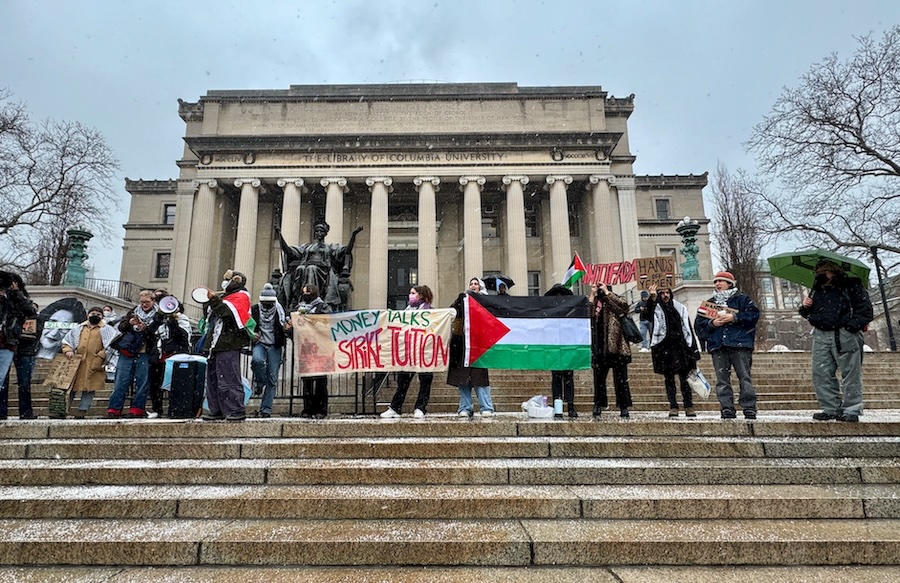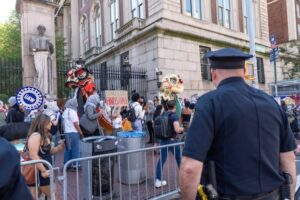Politics
BOMBSHELL: State Dept Cracks Down—Radical Foreign Students Could Be Banned From U.S. Colleges

The U.S. government is quietly implementing one of its most aggressive vetting expansions in years—this time aimed directly at foreign student visa applicants.
Following a brief suspension of interviews in late May, the State Department announced this week that it is resuming processing of F, M, and J nonimmigrant visas—but with significant new requirements in place. As of mid-June, applicants for student and exchange visitor visas must make their social media accounts public so consular officers can review their online activity.
“The State Department is committed to protecting our nation and our citizens by upholding the highest standards of national security and public safety through our visa process,” the Department said in a media release. “A U.S. visa is a privilege, not a right.”
Under the updated rules, applicants for F (academic), M (vocational), and J (exchange) visas must now make their social media profiles public before applying. U.S. consular officials will conduct full online background checks—scrutinizing posts, photos, affiliations, and shared content for any signs of anti-American sentiment or ties to radical causes.
If an applicant refuses to comply or has hidden or anonymous accounts, they can expect additional scrutiny—or a flat-out denial.
“Every visa adjudication is a national security decision. The United States must be vigilant during the visa issuance process to ensure that those applying for admission into the United States do not intend to harm Americans and our national interests, and that all applicants credibly establish their eligibility for the visa sought, including that they intend to engage in activities consistent with the terms for their admission,” the statement concluded.

Pro-Palestinian protesters mostly not current students or faculty members demonstrate outside of the entrance of Columbia University on the first day of school in New York on September 3, 2024
The directive leaves no room for interpretation: the U.S. will now evaluate visa applicants not just by who they say they are—but by what they post online. The updated policy is tied to recent executive orders relating to national security and efforts to combat antisemitism, according to officials.
In recent months, the Trump administration and congressional leaders from both parties have raised concerns about radical ideologies and foreign influence making their way into U.S. institutions through academia. While the department’s announcement does not single out specific ideologies, it signals a shift toward more aggressive scrutiny of foreign nationals seeking access to American universities.
The new procedures also pose logistical challenges. In 2023, roughly 446,000 student visas were issued according to The Washington Post. Applying the new vetting standards to every applicant could stretch the capacity of consular staff, possibly forcing embassies to limit appointment slots or extend processing times.
For prospective international students, getting into a U.S. college now means more than just transcripts and test scores. Social media activity will be part of the decision-making process—and if it raises the wrong kind of attention, it could cost them the opportunity.
U.S. college protests—especially pro-Palestinian ones—have rocked campuses like Columbia, Swarthmore, and the University of Washington. Students staged encampments, hunger strikes, and building takeovers demanding divestment from Israel-linked companies. In response, schools suspended students, called in police, and faced federal backlash. The Trump administration revoked $400 million in funding from Columbia and is threatening more cuts.

